Table of Content:
- The Observance of Ramadan in Pakistan
- Preparations for Eid-ul-Fitr
- Traditional Pakistani Sweets and Delicacies
- Eid Shopping and the Chaand Raat Tradition
- The Day of Eid-ul-Fitr
- Eid Prayers and Sermons
- Exchanging Greetings and Embracing Togetherness
- The Grand Eid Feast
- Charity and Helping the Needy
Eid-ul-Fitr, the festival of breaking the fast, is one of the most significant religious and cultural celebrations in Pakistan. It marks the end of the holy month of Ramadan, during which Muslims fast from dawn to sunset, abstaining from food, drink, and other worldly pleasures as an act of devotion and self-discipline. Eid-ul-Fitr is a time of immense joy, thanksgiving, and communal harmony, as Muslims come together to celebrate their faith and strengthen bonds with family, friends, and the wider community. In Pakistan, the festival is embraced with great enthusiasm and holds a special place in the hearts of the people.
The Observance of Ramadan in Pakistan
Before delving into the celebrations of Eid-ul-Fitr, it is essential to understand the significance of Ramadan in Pakistan. During this sacred month, Muslims engage in increased prayers, read the Quran, perform charitable deeds, and seek forgiveness for their sins. The spirit of giving and compassion permeates the country as people actively participate in providing food and aid to those less fortunate through charity drives and donation campaigns.
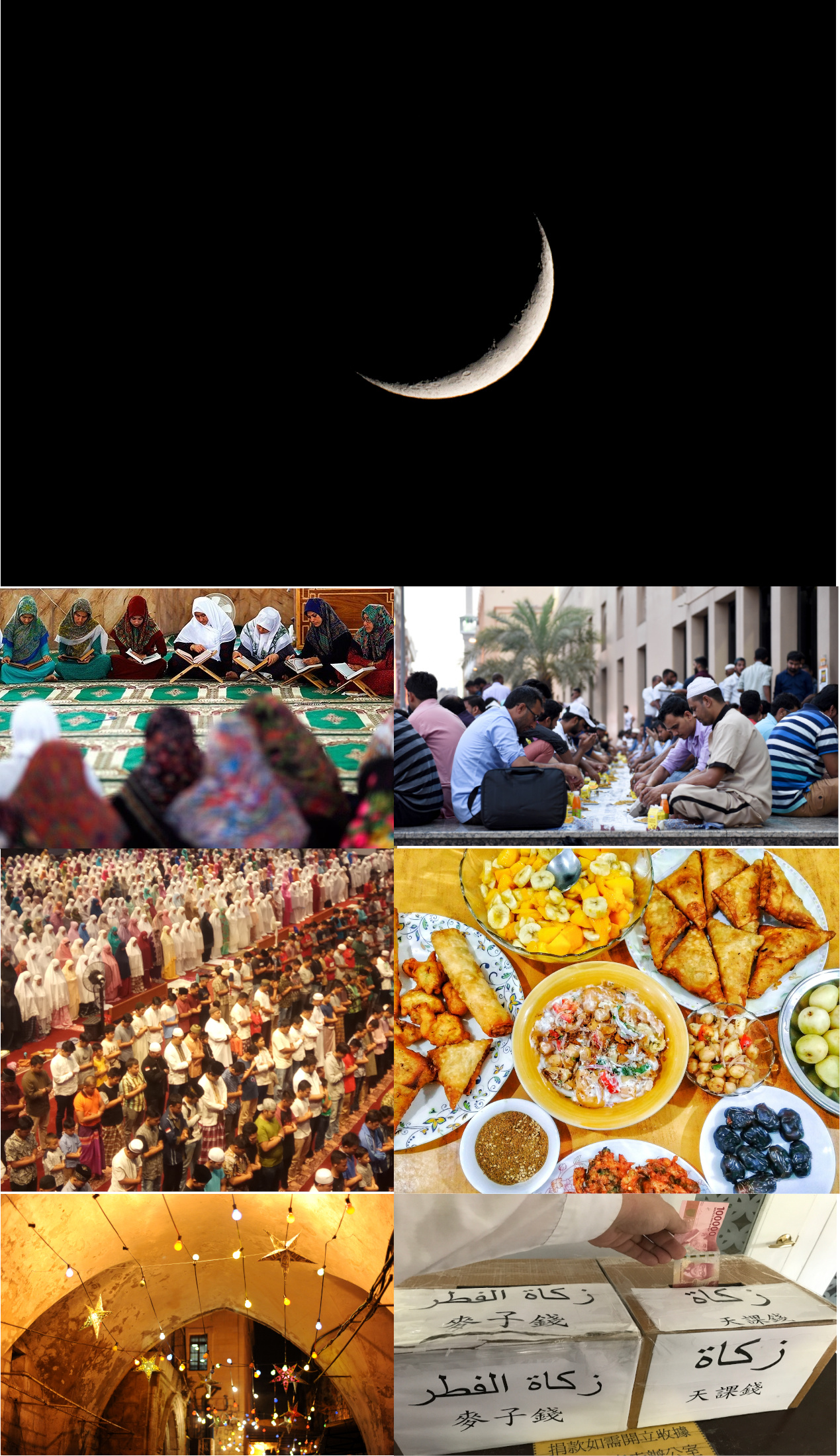
Preparations for Eid-ul-Fitr
As the month of Ramadan draws to a close, the anticipation and excitement for Eid-ul-Fitr begin to build in Pakistan. The entire country gears up for the festive occasion, with markets adorned with colorful lights, banners, and decorative items. Families start preparing for the big day by purchasing new clothes, shoes, and accessories, especially for children who eagerly await the opportunity to dress up in their finest attire.
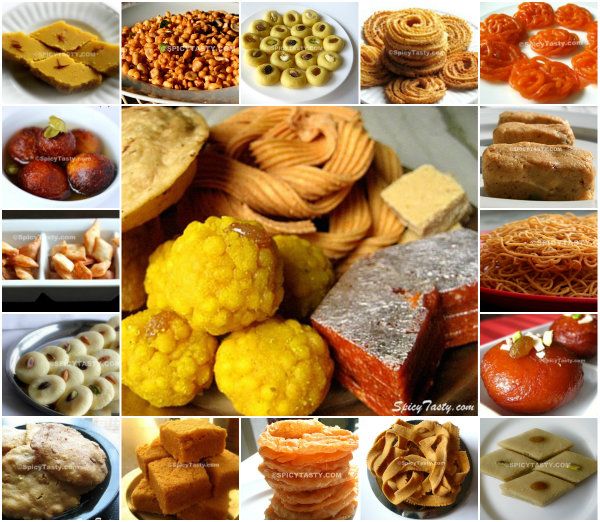
Traditional Pakistani Sweets and Delicacies
In the days leading up to Eid-ul-Fitr, households become bustling hubs of activity, with families busy preparing mouthwatering delicacies and traditional sweets. One of the most famous sweets is 'Sheer Khurma,' a delightful vermicelli pudding cooked with milk, dry fruits, and dates. Other delicious treats like 'Samosas' and 'Pakoras' are prepared for the grand feast that follows the Eid prayers.
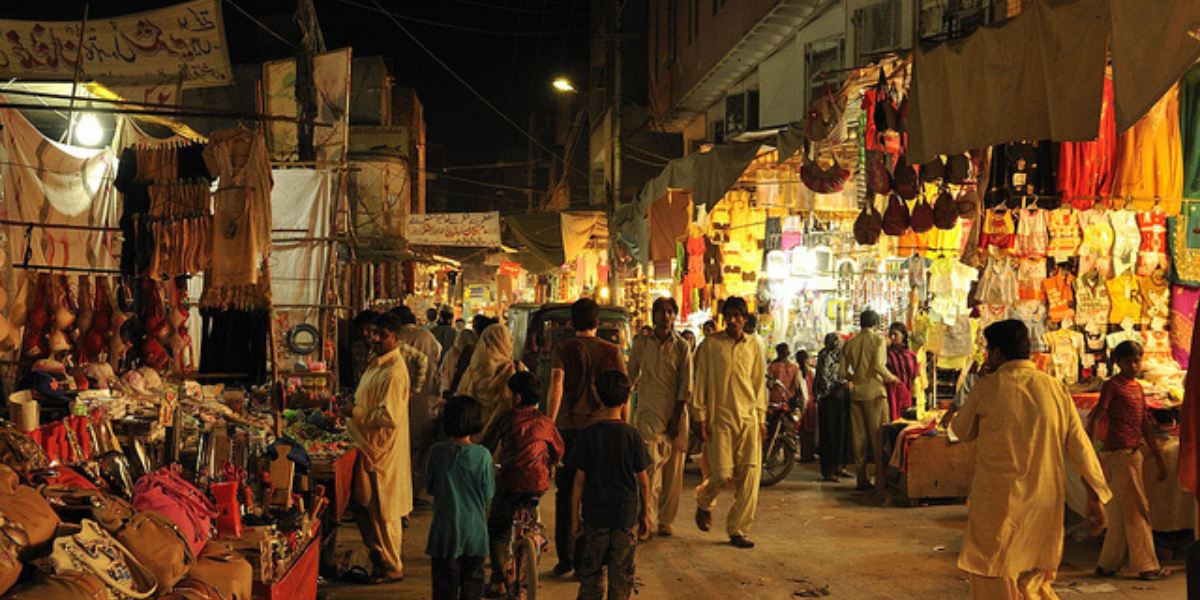
Eid Shopping and the Chaand Raat Tradition
One of the most exciting traditions in Pakistan is 'Chaand Raat,' the night before Eid when people head to markets and shopping centers to buy gifts, clothes, and festive essentials. The markets remain open late into the night, bustling with shoppers eager to make their purchases and soak in the festive atmosphere. Families often visit bazaars to enjoy the vibrant cultural displays, musical performances, and indulge in delicious street food.
The Day of Eid-ul-Fitr
On the morning of Eid-ul-Fitr, Muslims across Pakistan rise early, take a ritualistic bath, and put on their new clothes, symbolizing a fresh start and the spirit of renewal. Before leaving for the Eid prayers, it is customary to give 'Zakat al-Fitr,' a form of charity that enables the less fortunate to partake in the festivities by providing them with food and other necessities.
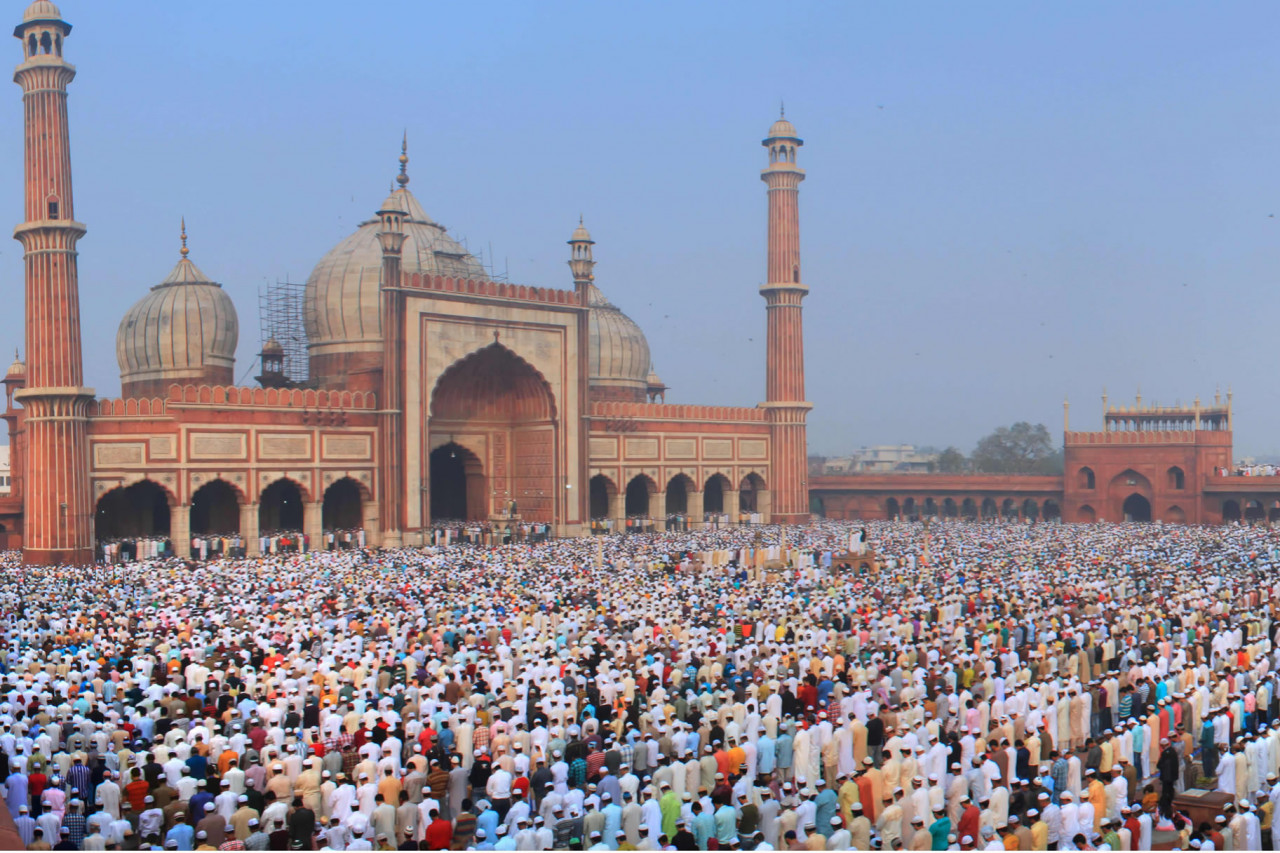
Eid Prayers and Sermons
The heart of Eid-ul-Fitr celebrations lies in the congregational prayers held at mosques or open fields across the country. Men, women, and children dressed in their finest outfits gather to offer prayers and seek blessings from Allah. After the prayers, the community comes together to listen to the Eid sermon, which reinforces the values of compassion, forgiveness, and gratitude.
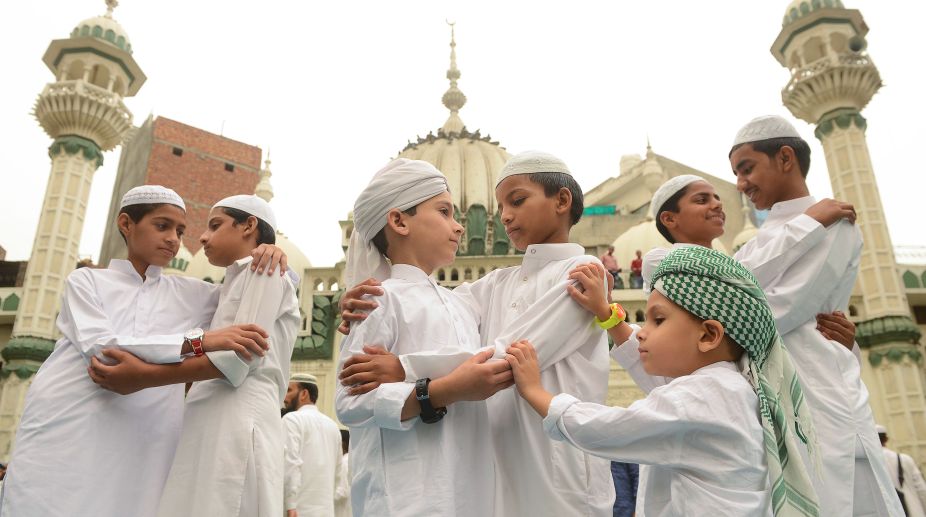
Exchanging Greetings and Embracing Togetherness
Following the Eid prayers, the real festivities begin as friends and family members exchange warm greetings of "Eid Mubarak" and embrace one another. Elders distribute 'Eidi,' a monetary gift, to the younger members of the family, adding to the joy and excitement of the day. Visiting relatives and neighbors is an integral part of Eid-ul-Fitr, reflecting the spirit of unity and love among people.
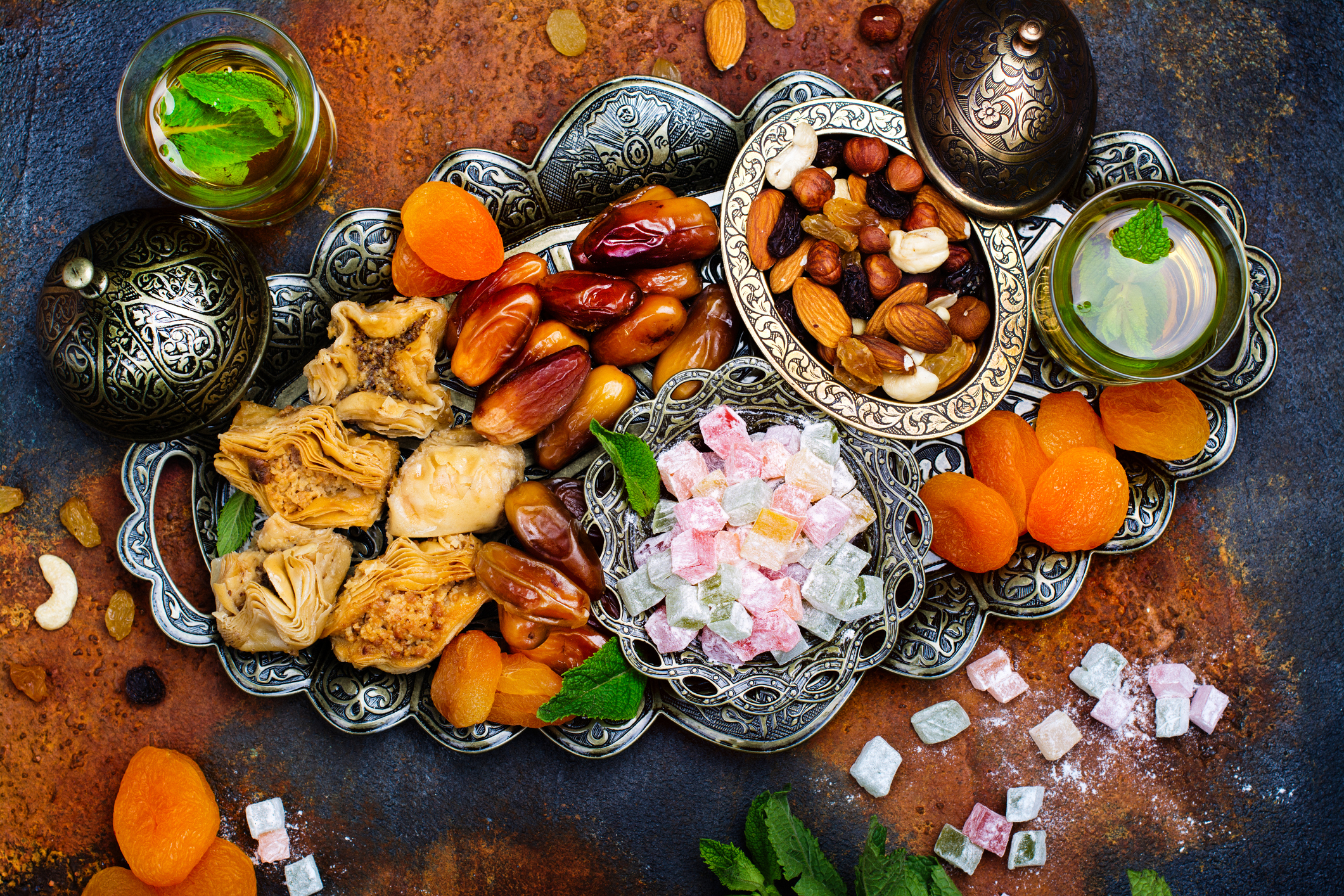
The Grand Eid Feast
After a month of fasting, Eid-ul-Fitr is a day of indulgence in delectable food. Families and friends gather for a grand feast, which includes an array of mouthwatering dishes like 'Biryani,' 'Korma,' and 'Nihari,' along with a variety of sweets and desserts. The dining table becomes a symbol of unity, as people of different backgrounds and communities come together to share the delicious meal.
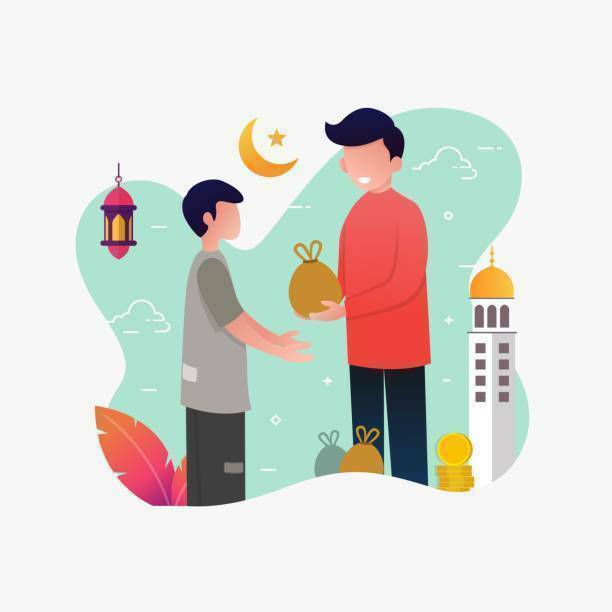
Charity and Helping the Needy
While Eid-ul-Fitr is a time of celebration, it is also a time to remember those less fortunate. A significant aspect of the festival in Pakistan involves giving to charity and helping those in need. Many organizations and individuals arrange special meals and distribute food and gifts to underprivileged families, spreading happiness and ensuring that everyone can partake in the festivities.
Eid-ul-Fitr in Pakistan is a vibrant and joyous occasion that celebrates the core values of Islam – love, compassion, and unity. The festival brings people together, transcending social and economic barriers, and strengthens the sense of community and brotherhood. The spirit of Eid-ul-Fitr is not limited to Muslims alone; people of other faiths also join in the celebrations, fostering interfaith harmony and mutual respect. Through its unique customs, delectable cuisine, and heartfelt generosity, Eid-ul-Fitr in Pakistan continues to be a source of spiritual renewal and happiness for millions, enriching the cultural tapestry of the nation.


You must be logged in to post a comment.